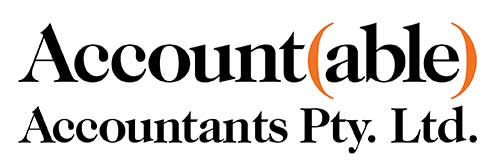WHICH ARE YOU A – SAVER OR INVESTOR?

Whether you are a saver or investor could make a major difference to your lifestyle in the long run. To determine if you are a saver or investor let’s look at the characteristics of the two categories.
So, what does a saver look like?
• Almost by definition the money you put in bank accounts, Cash Management Trusts or Term Deposits are short-term savings. You may use these to save for a short-term goal like a holiday or home deposit.
• Your savings are accessible. You can go to the bank (or your laptop) and get your money back pretty much immediately.
• The returns are low. Low interest rates and low deposit rates have become the order of the day, and it doesn’t seem as though things are going to change any time soon. In fact, the Reserve Bank of Australia Governor Philip Lowe has said that interest rates are likely to stay low for an extended period.
Why be a saver?
As you can see from the above, there are a range of reasons we save. Sometimes it’s to accumulate cash towards a bigger purchase (like a holiday). That’s often a sensible alternative to credit card borrowing. Sometimes it’s for security. Financial experts suggest having a rainy-day fund equivalent to around six months of your salary.
So, what does an investor look like?
• Investing is more typically a long-term pursuit. It can last for decades – think superannuation or investing in shares or residential property.
• Invested money is less accessible. Lots of investment choices either lock your money away (such as super) or take months or even years to turn into a profit (such as a house).
• Historically, returns have been higher. In general terms, longer-term investments like shares and property generate better returns than cash savings.
• Sometimes but not always, investment assets can be more tax effective, depending on your tax circumstances
The Good news – you’re already an investor
As you can see, saving is important for security and to start you towards being an investor. Investing – putting money into potentially higher-returning, longterm investment products – is what could eventually enable you to replace your work income with investment income. The good news is you’re already doing it. Almost all working Australians are investors thanks to compulsory super.
Source: MLC Asset Management
